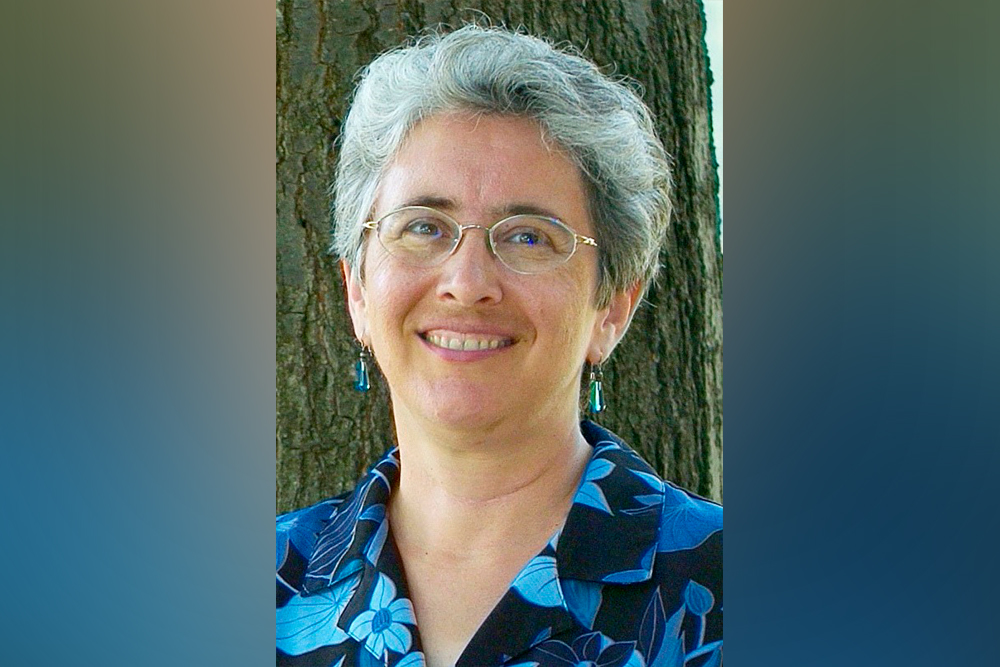Kaye Brubaker, professor of civil and environmental engineering at the University of Maryland, College Park (UMCP), visits Eastern Mennonite University (EMU) Wednesday, March 15 to present a colloquium titled “That was never a hundred years! Precipitation, probability, and climate change.” The colloquium begins at 4 p.m. in Martin Chapel at Eastern Mennonite Seminary.
Brubaker, who graduated from EMC in 1979, specializes in hydrology, the science and technology of water. She’ll discuss the idea of a “hundred-year storm,” i.e., a storm so extreme it should only happen once in a hundred years.
“The talk will discuss the meaning of storm event probabilities, the analysis methods used to establish 100- or any given-year precipitation values, how these numbers are used in engineering design, what it could mean for our infrastructure if they change, and some current methods to assess future regional precipitation,” says Brubaker.
Her current research focus is on future precipitation frequency for the state of Maryland. She also works with students on water quality modeling, such as anticipating algal blooms and river erosion and sediment.
Brubaker first earned a bachelor’s degree in modern languages, after studying French, German and biblical Greek. She then worked in the printing and graphic design industry for seven years.
When she started looking into graduate school, however, she consulted a career counselor, who recommended engineering. Brubaker was intrigued, and enrolled in the program at UMCP. “My first semester there, I took Chemistry II, Calculus III, and Physics for Engineers I … it was heaven,” she says.
After graduating with a bachelor’s degree in civil engineering in 1989, she earned a master’s and doctorate from the Massachusetts Institute of Technology. Brubaker has taught engineering at UMCP since 1996. Since 2010, she has directed the Maryland Water Resources Research Center at UMCP.
“Engineering is all about applying science and technology to meet society’s needs and protect people from harm,” says Brubaker. She advises engineering students to study as much math as they can.
She cites “Toilets for People,” a social enterprise to provide affordable, sustainable and ecological toilet solutions to those who need them in developing nations to improve sanitation, as an example of engineering used to improve life quality.
“To contribute to a sustainable world, engineers should also learn about economics and social sciences, and should be good communicators,” Brubaker says. “The values-based education you’re getting at EMU is a great start.”

It would be such an interesting job to be an environmental engineer. It’s fascinating to think about what would happen if we have a 100 year storm. Hopefully that never happens but at least we have people who have studied it and know!